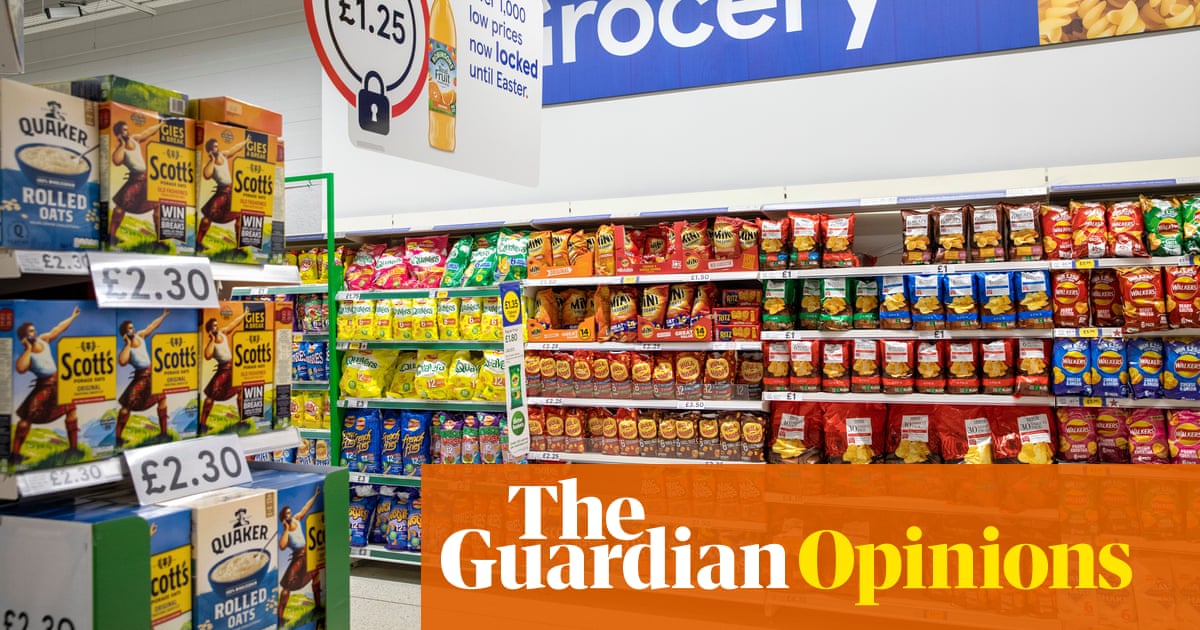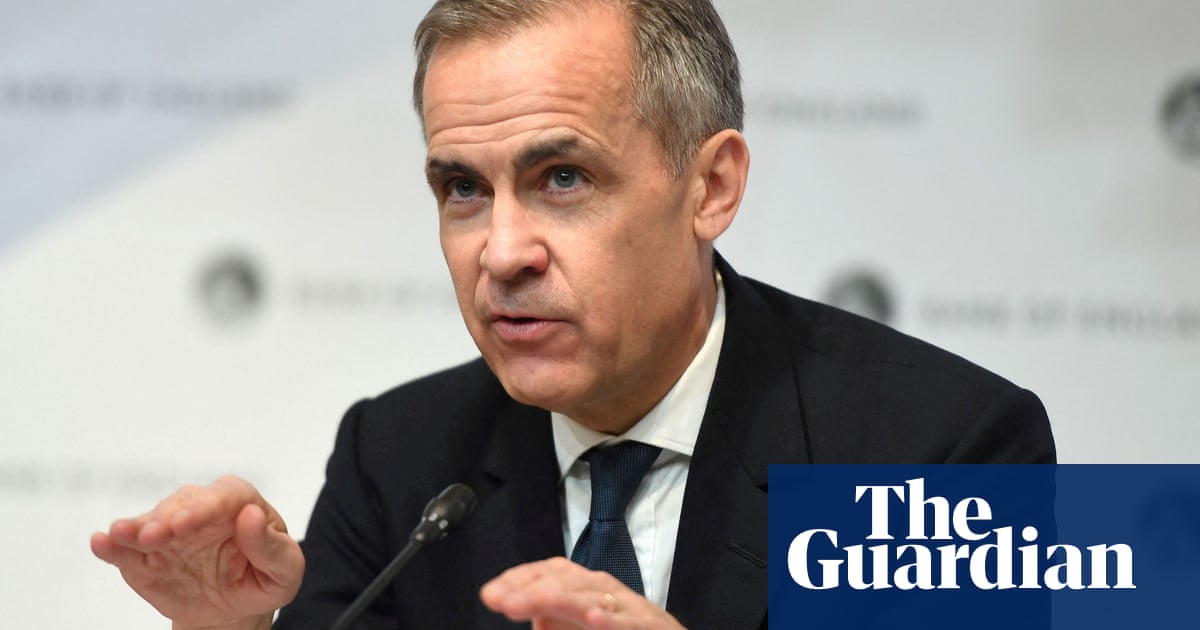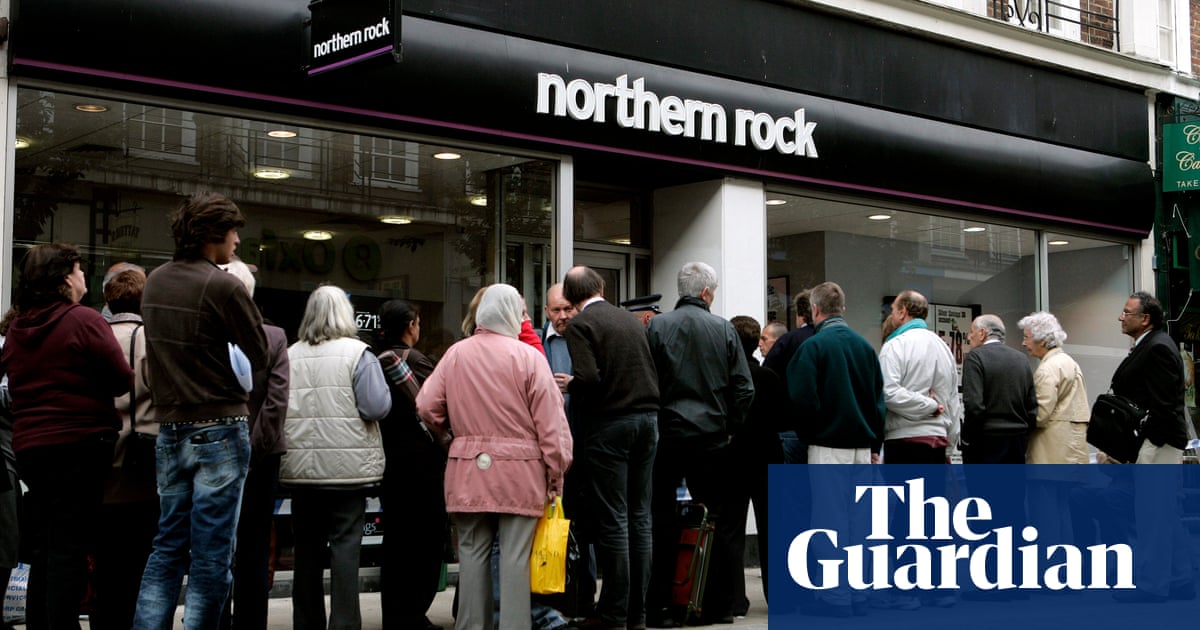
The Bank of England’s chief economist, Huw Pill, provoked derision this week when he claimed that inflation means those in Britain need to accept that “we’re all worse off, and we all have to take our share”. Echoing comments made last year by the Bank’s governor, Andrew Bailey, on the need for pay “restraint”, Pill claimed the “pass-the-parcel game” of wage and price rises was “generating inflation”.
I disagree: they are both almost entirely wrong, and the clumsy messaging reflects the failure of conventional thinking and policy in tackling the cost of living crisis.
Public anger at Pill’s comments is understandable. The standard of living of most people in Britain today is being crushed by rising prices, with headline inflation at 10.1%, well ahead of wages and salaries rising by only 5.9%. Worse, the rise is being driven by the soaring cost of unavoidable essentials – most notably energy and food.
Those price rises in food and energy have been happening across the world, and this fact contains the solitary grain of truth in Pill’s comments. Households and businesses in Britain collectively import half the natural gas they consume, and almost half the food. When the world prices of both rise, those imports cost more, and the country as a whole is made collectively poorer.
What Pill, Bailey and the Bank have been getting wrong for the last 18 months is the idea that those price rises, internationally, need to be met by raising interest rates in Britain.
The thinking is brutal. Pill made it clear in a previous interview when he said that the Bank’s rate-setting monetary policy committee wanted to see higher unemployment to “reassure” them inflation was under control. Interest rate rises are supposed to throttle spending in the economy, increasing unemployment. The threat of higher unemployment is, in turn, supposed to discourage workers from making bigger pay demands, which (so the theory goes) then reduces the pressure for price rises. Interest rate rises are a disciplinary device for labour.
Pill implied that workers demanding higher pay and companies putting up prices were equally bad. But the Bank’s main tool for trying to fight inflation only works one way – by bashing labour.
Yet profits, not wages and salaries, are the main culprit here. Globally, those companies producing essentials have been doing enormously well from soaring prices. The record profits of the fossil fuel companies are notorious. But research by the union Unite has shown that the profits of the four largest agribusinesses globally, less well-known names like Cargill and ADM, rose 255% from 2019 to 2021.
Those soaring prices have then been fed down the supply chain into domestic profiteering. The big three UK supermarkets – Asda, Tesco, and Sainsbury – doubled their profits over the same time period. The eight largest UK food manufacturers saw their profits rise 21%. Economists Isabella Weber and Evan Wasner have spelled out the mechanism at work in a new paper, showing how shortages can give producers the power to push through price increases.
This situation is likely to worsen. While some of the immediate triggers for inflation are one-offs, like Covid lockdowns and the war in Ukraine, increasingly many are not. The crises of climate and nature are eating into our food production systems globally. Climate change means more frequent extreme weather events, including torrential rains damaging grain harvests in India last month. These impose more frequent shocks to the system, which then translate into shortages, price rises and soaring profits for big producers, which are able to exercise their market power.
Workers are not to blame for rising prices and interest rates will not work to restrain inflation. The rate of interest in London will not affect the price of gas in Qatar. It won’t end Vladimir Putin’s invasion of Ukraine. It can’t make more tomatoes grow in Morocco. If it has any disciplinary effect on workers, it is plainly excessive: with wage rises far below the rate of inflation, it is clearly not wage rises pushing inflation along. In reality, we are on the wrong end of a deadly combination of global instability, expected to worsen with the climate crisis, and corporate structures that translate this instability into super-profits for a very few.
As I and my co-authors argue in a new book, tackling this requires an overhaul of existing policy. First, the Bank needs to get out of the way: halt and reverse counterproductive interest rate increases; end the pretence that the Bank can do much about inflation – and focus instead on financial stability.
Second, wage and salary increases need to match or better the rate of inflation, including those of public sector workers.
Third, having accepted the principle of price controls on domestic energy, the same approach might usefully be extended by government to other essential products – perhaps selected basic food items.
Finally, in the longer term, the essential production systems of modern life, food and energy, need public investment and an industrial strategy to rinse out profiteering and build in localised, sustainable production better adapted to an unstable world.
James Meadway is director of the Progressive Economy Forum












